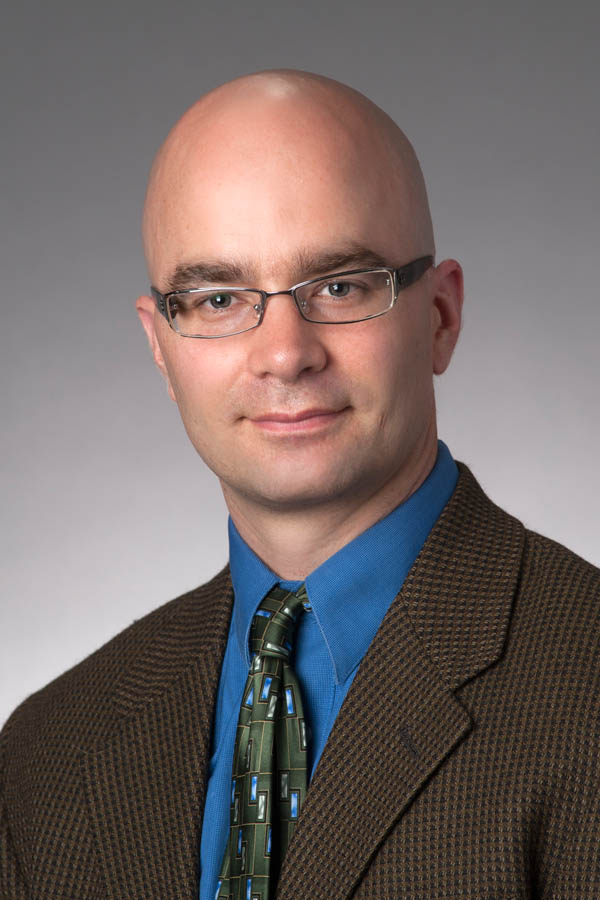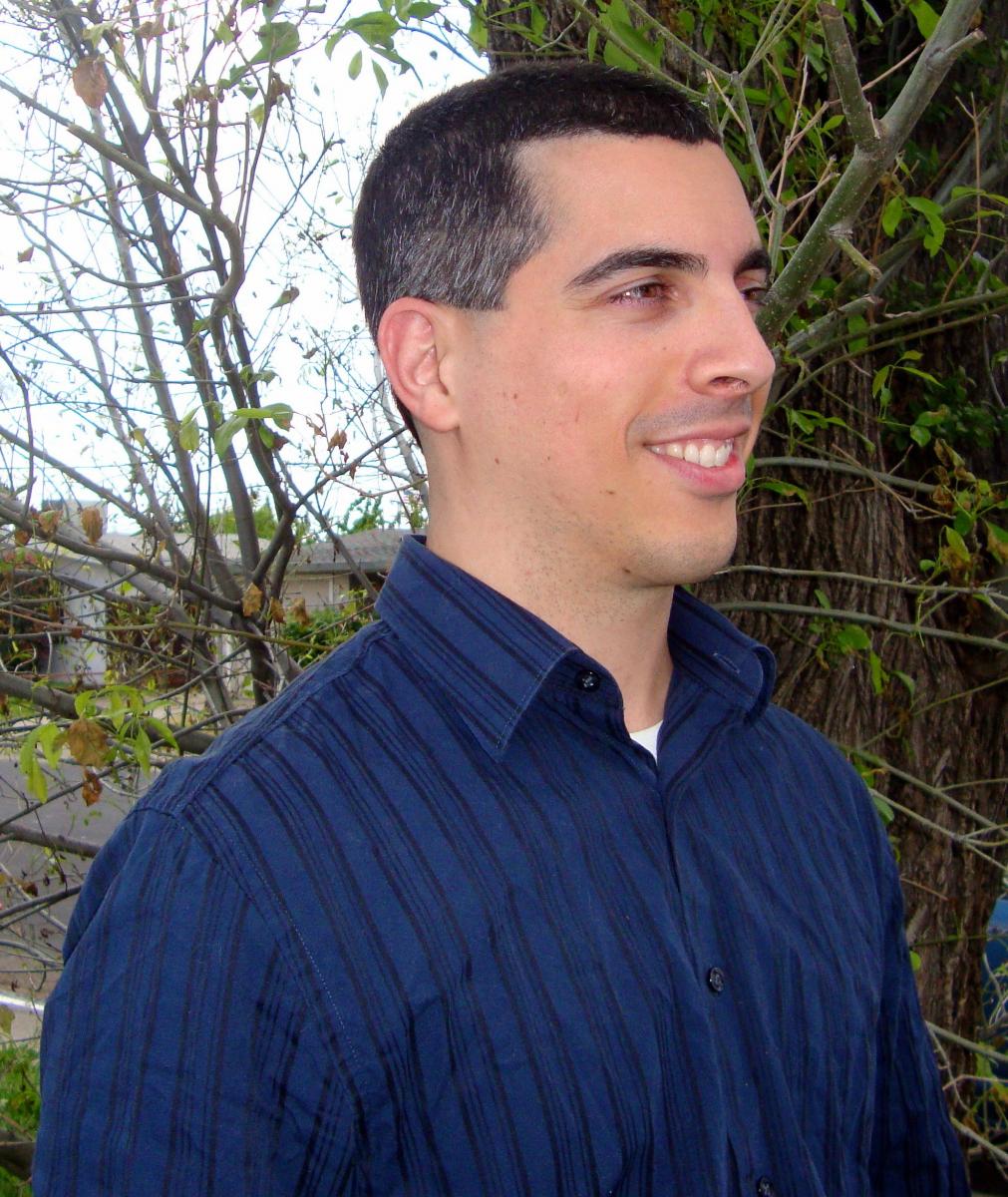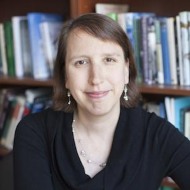When you think of warriors against science denial, many names probably come to mind. Two of NCSE’s favorites are our 2016 Friend of the Planet award winners: professor John Abraham, and environmental scientist Dana Nuccitelli. Collectively their actions have pushed back against rampant climate change denial and misinformation that is spread voraciously through the media. Although NCSE is particularly enthusiastic about their joint column they write for the Guardian, Abraham and Nuccitelli aren't joined at the hip.
Abraham is a professor of Thermal Sciences at the University of St. Thomas and has published approximately 260 journal papers, books, edited works, and conference presentations. He co-founded the Climate Science Rapid Response Team and co-started the Climate Science Legal Defense Fund, which defends scientists against legal attacks. And let’s not forget that he also served as associate editor for climate for Reports of the NCSE!
Meanwhile, Nuccitelli has published climate-related papers on various subjects, from the build-up of heat in the Earth's climate system to the expert consensus on human-caused global warming. He wrote the fabulous book Climatology versus Pseudoscience (which NCSE used as a premium gift to our members), and is a contributor to our other 2016 Friend of the Planet winner, Skeptical Science.
John and Dana were kind enough to sit down and talk with me about their adventures in climate science communication and denial.
MB: How did you get started not just on communicating climate change, but refuting climate change denial?
 JA: I got my start rebutting climate deniers around 2008 when an international "skeptic" gave a talk in Minnesota and I put up a rebuttal online. Within a couple days the skeptic sent a threatening letter to my university demanding $110,000. The story launched my international recognition. Around that time I realized that it is really important to frame arguments coherently for a general audience. People around the world are really interested in climate change, but scientists are not good at communicating it. A big part of my efforts have involved helping my colleagues communicate more effectively.
JA: I got my start rebutting climate deniers around 2008 when an international "skeptic" gave a talk in Minnesota and I put up a rebuttal online. Within a couple days the skeptic sent a threatening letter to my university demanding $110,000. The story launched my international recognition. Around that time I realized that it is really important to frame arguments coherently for a general audience. People around the world are really interested in climate change, but scientists are not good at communicating it. A big part of my efforts have involved helping my colleagues communicate more effectively.
DN: My first exposure to climate science was watching An Inconvenient Truth. I remember coming out of the film and thinking: if the science is right, why aren't we doing something to solve this problem? I wanted to find out if the science was right, so I started reading everything I could get my hands on. I participated in an online question and answer site, and one of the resources I used the most was SkepticalScience.com. Pretty soon I had changed from asking questions to answering them. Eventually John Cook, who was running the site, got overwhelmed and asked for my help. That is when I joined Skeptical Science and started debunking climate myths full-time.
MB: How did you get started with your column for the Guardian?
JA: As a publishing scientist, I write articles for my peers all the time. If 100 people read the article and 20 people cite it, that’s a good article. It was furthering my technical career, but was it doing common good? So I branched out to a more public information role. The Guardian is recognized for great content and in depth journalism. Its audience is smart and intellectually curious, so it is a great platform.
DN: I had been writing for Skeptical Science for a few years when a colleague told me that the Guardian was starting an international environmental science network. He suggested that someone from Skeptical Science should apply. It was a way of getting the work of Skeptical Science to a wider audience.
MB: Teachers are such an important part of communicating climate change to the community, and they often get pushback for teaching it. In a perfect world, how would you like to see teachers cover climate change?
 DN: I’d like to see teachers start with the basic science: how does the greenhouse effect work, how do we know that humans are responsible and what is the scientific consensus. Then move to consequences and solutions. Definitely, they would stay away from “teaching the controversy”, which I know is a temptation. There is certainly pressure from communities to teach “both sides” which leads to false balance and misinforms students.
DN: I’d like to see teachers start with the basic science: how does the greenhouse effect work, how do we know that humans are responsible and what is the scientific consensus. Then move to consequences and solutions. Definitely, they would stay away from “teaching the controversy”, which I know is a temptation. There is certainly pressure from communities to teach “both sides” which leads to false balance and misinforms students.
JA: I would agree with what Dana said--and go a little further. Students want to know how it matters to them and how it affects their lives. If young people can emerge from the classroom with a hopeful sense that they can solve problems and have a meaningful career contributing to the common good, then that is an excellent class.
MB: We have a segment in our new RNCSE called "Dinner Party 101", where we answer people’s questions about handling difficult interactions with science deniers respectfully and with social grace. For example, how do you respond to a climate change denier sitting next to you at a dinner party? What would your recommendation be for someone in that situation?
JA: First, order a double scotch, neat. No, but more seriously, Dana knows more than anyone that some people are not reachable. If you are at a dinner party where someone is really strident in their climate change denial, you are not going to reach them. But you can reach the other people at the table. Evaluate the perspective of the people at the table and approach the problem from a vantage point that they would trust. For example, if people at your table are more conservative on social or economic issues, approach climate change from a conservative standpoint. This could include bringing up the growing movement in the evangelical community, the excellent work that the pope has done, hunters and fisherman who are seeing climate change occur, farmers who are being affected by climate change, or even companies that are creating the jobs of a clean energy future.
DN: A good approach is to ask a lot of questions and get to the core as to why they are skeptical of the science. They might be concerned about too much government regulation. If that is the case, talk about the free-market solutions to the problem. If you want to keep talking about the science, we have a great resource through Skeptical Science–a smartphone app!–where you can bring up our database of climate myths and show the person what the peer reviewed research says.
MB: Thank you again for your contribution to climate change communication and education—you are both so deserving of this years Friend of the Planet Award. Congratulations!

